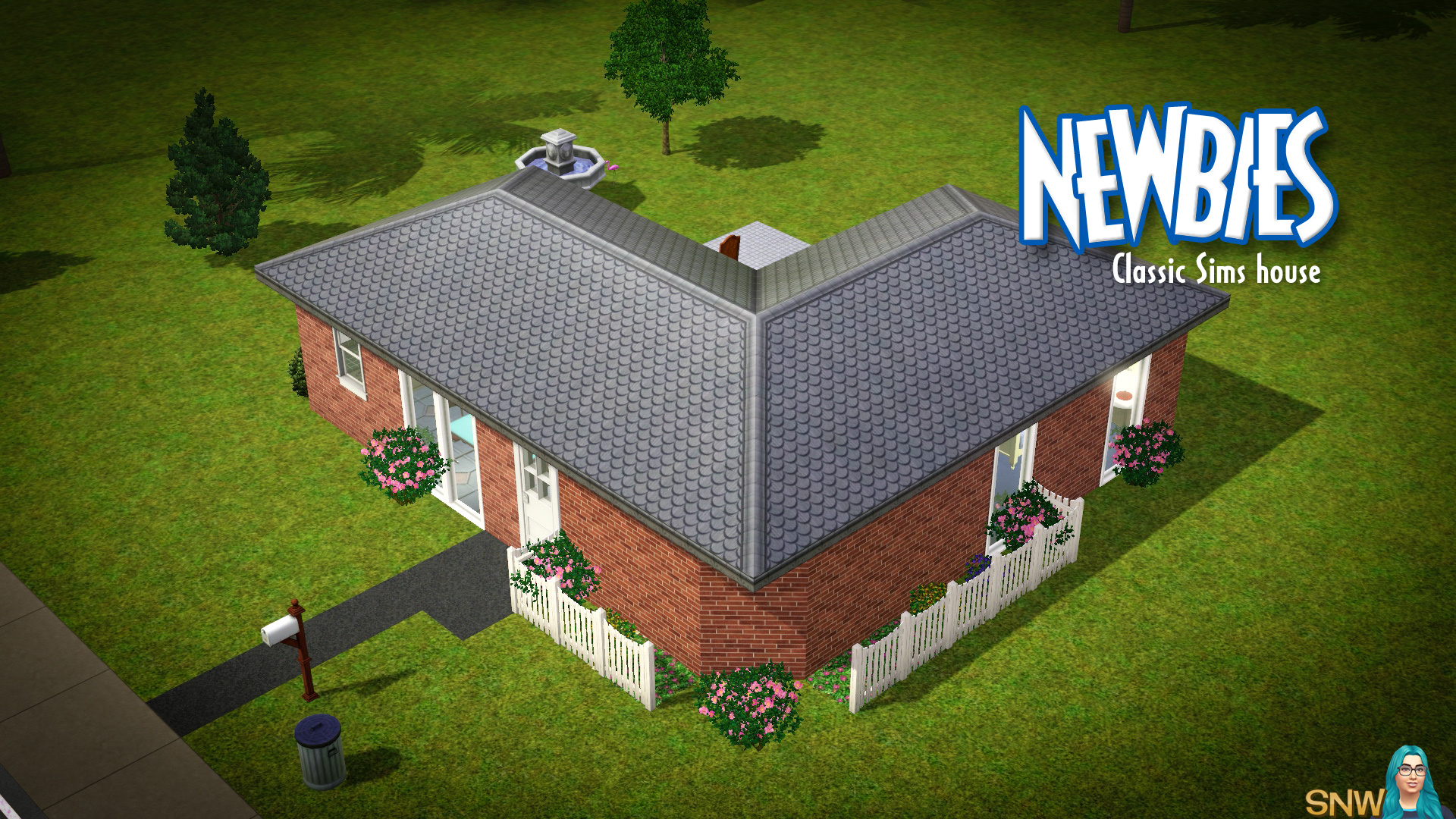
Erect walls and a roof, if you hadn’t bought a place already constructed. The game’s earliest stages unfolded with calming linearity: Pick a plot of land. More than pursuing a career in burglary, or having copious amounts of sex, or attaining a maxed-out charisma skill bar-all goals, perhaps worthier ones, that the simulated universe had on offer-optimizing the house seemed the clearest proof of having made a life and done it well. Some people treated the game like a laboratory for experiments in free will others tried to make their optimistically hot avatars fuck as many people as possible.īut for me, and for a substantial segment of its playing community, The Sims was mainly about the house. The central goal of The Sims is, as the name suggests, to simulate living a life, an open-ended objective that allows the player to take that existence in any direction she desires. Trimming fat off the present to save room for a future. The break shot that spun out the arc of a life had already been taken, bypassing quotidian early game choices like skimping on carpet for a nicer couch or splurging on a computer to increase the number of job listings. I had no interest in their markers of fiscal success because such triumphs hadn’t come by my hand.

Many hours’ worth of juicy architectural and design choices had already been made for me-starting with the Goths’ house felt like entering at a point that was, quite literally, too late in the game. I was enough of an egoist to thrill at playing god, but in the house at 5 Sim Lane, the divine had already come and gone and made some categorical errors, like leaving a solid-wood table outdoors in all weather. When I first encountered The Sims in 2001, a year after its launch, I was deeply bored by the Goths and their middle-class stability. The house had been in the family for a while. A number of relatives were buried in the backyard cemetery and their ghosts would rise, on occasion, to terrify the living. A bathtub to luxuriate in, rather than the cheap standing shower most starter Sims could afford. Inside, the rooms were studded with symbols of disposable income: a piano, an aquarium, an easel for their awful daughter Cassandra. On the Goths’ patio was a dining table with a price tag several multiples above the entry-level Formica square. Yet it still retained an air of loftiness, a comparative mansion in a suburb full of bungalows. Sitting at 5 Sim Lane, the house of Bella and Mortimer Goth wasn’t especially ostentatious-two-storey, detached, subtly nineteenth-century in a way that befit their name without berating it.

If you wanted to cut straight to the marrow of living and skip all the nonsense, like job-hunting or buying a toilet, then you started playing The Sims 1 with the family that came pre-built into the game.


 0 kommentar(er)
0 kommentar(er)
